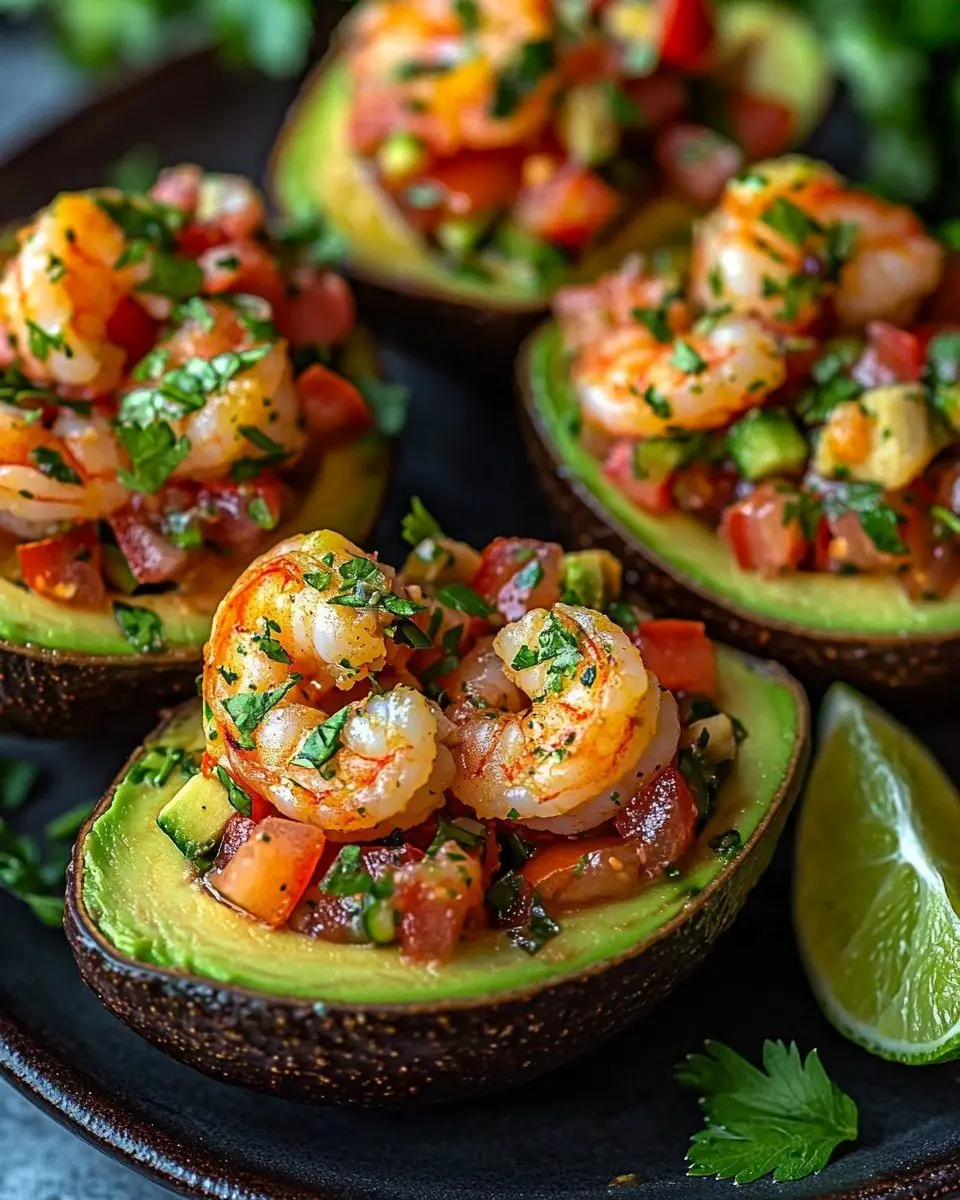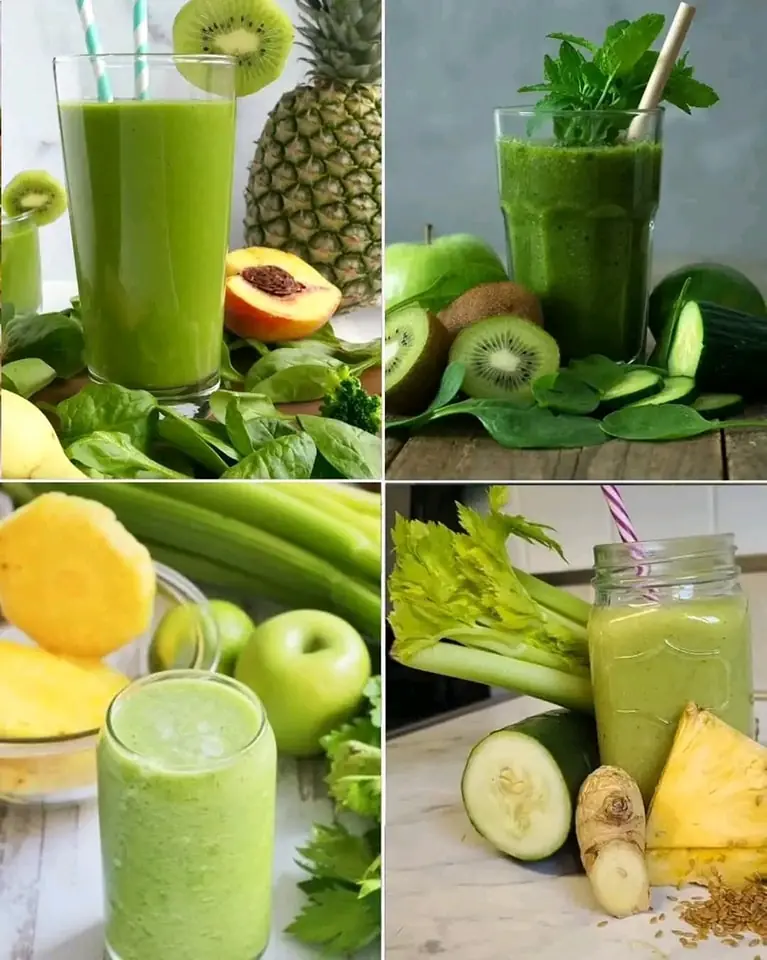
12 Homemade fertilizers for plants easy to find at home

Fertilizing plants is essential to keep them healthy and thriving. While commercial fertilizers are available, many of them can be expensive or harmful to the environment. Fortunately, you can make your own organic fertilizers at home using common household items. These homemade fertilizers are not only effective but also budget-friendly and environmentally friendly. Here are 12 easy-to-make homemade fertilizers for plants:
1. Banana Peel Fertilizer
Banana peels are rich in potassium, phosphorus, and calcium, which are great for flowering and fruiting plants. Simply chop the banana peels into small pieces and bury them in the soil around your plants. Alternatively, you can soak banana peels in water for a few days and use the water to feed your plants.
2. Eggshell Fertilizer
Eggshells are a great source of calcium, which helps with strong cell walls and prevents blossom end rot in tomatoes and peppers. Crush the eggshells and sprinkle them directly on the soil, or you can make a liquid fertilizer by soaking crushed shells in water for a few days.
3. Coffee Grounds Fertilizer
Used coffee grounds are high in nitrogen, which promotes healthy leaf growth. Sprinkle the coffee grounds around the base of your plants, or mix them into your compost pile. Just make sure you use them in moderation, as they can increase the acidity of the soil.
4. Fish Tank Water
If you have a fish tank, the water is a perfect fertilizer for plants. Fish tank water contains nitrogen, phosphorus, and potassium, the three main nutrients plants need to thrive. Use the water to water your plants directly or dilute it with fresh water to avoid overfeeding.
5. Epsom Salt Fertilizer
Epsom salt is made of magnesium sulfate, which is essential for photosynthesis and improving plant growth. Dissolve a tablespoon of Epsom salt in a gallon of water and use it to water your plants. It works particularly well for tomatoes, peppers, and roses.
6. Compost Tea
Compost tea is a nutrient-rich liquid made by steeping compost in water. It provides plants with a wealth of nutrients and beneficial microorganisms that help improve soil health. To make it, simply place a handful of compost in a cloth bag and soak it in a bucket of water for a few days. Use the liquid to water your plants.
7. Grass Clipping Fertilizer
Grass clippings are a great source of nitrogen, which promotes healthy growth. Spread a thin layer of fresh grass clippings around your plants or add them to your compost pile. Make sure the grass clippings are not treated with chemicals.
8. Aquarium Water
Similar to fish tank water, water from an aquarium can provide plants with valuable nutrients. The waste produced by fish and other aquatic life adds nutrients like nitrogen and potassium, which plants love. Use aquarium water to water your plants.
9. Green Tea Fertilizer
Green tea is packed with antioxidants, which can help strengthen plants’ immune systems. Brew a pot of green tea and allow it to cool before using it to water your plants. Avoid adding sugar to the tea, as it can harm the plants.
10. Molasses Fertilizer
Molasses is rich in trace minerals like iron, calcium, and potassium, and it helps beneficial microbes in the soil. Mix 1 tablespoon of molasses in 1 gallon of water and use it to water your plants. It encourages healthy root growth and boosts overall plant health.
11. Fish Emulsion Fertilizer
Fish emulsion is a byproduct of fish processing and is a natural fertilizer rich in nitrogen, phosphorus, and potassium. While it can be purchased, you can also make your own by soaking fish scraps (like heads and bones) in water for a few weeks. Use the liquid to feed your plants, especially leafy greens.
12. Onion Peel Fertilizer
Onion peels contain a variety of nutrients like potassium, phosphorus, and sulfur, which can help promote healthy plant growth. To make a fertilizer, simmer onion peels in water for about 30 minutes, strain the liquid, and use it to water your plants.
Conclusion
Creating homemade fertilizers is an excellent way to provide your plants with essential nutrients while avoiding the harsh chemicals found in some commercial products. By using natural ingredients, you not only save money but also contribute to a healthier environment. Experiment with these homemade fertilizers and see which ones work best for your garden. Happy gardening!
News in the same category


The husband slapped his wife in front of his friends to show off — but her act of revenge left everyone shocked and speechless
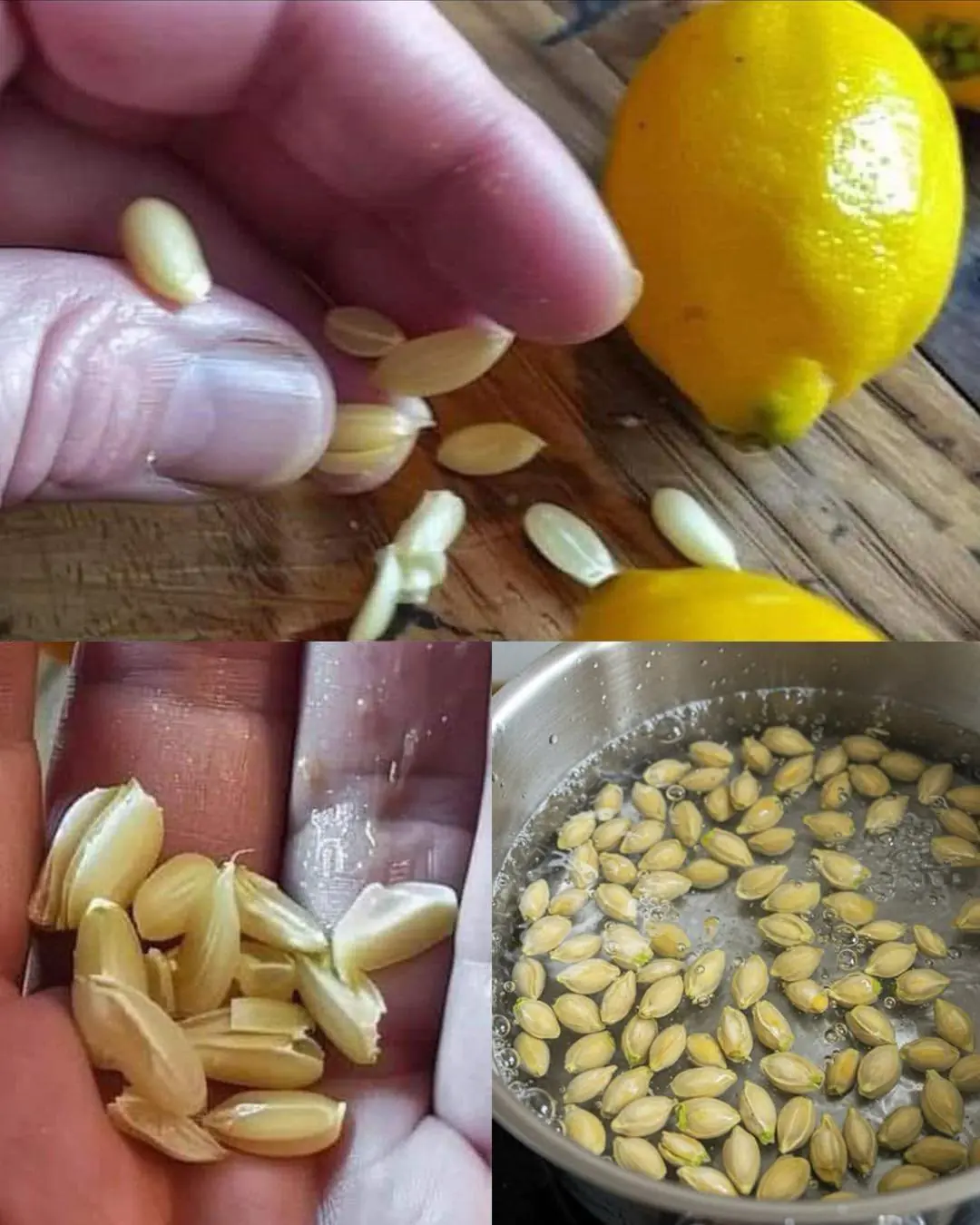
10 Clever Ways to Reuse Lemon Seeds at Home
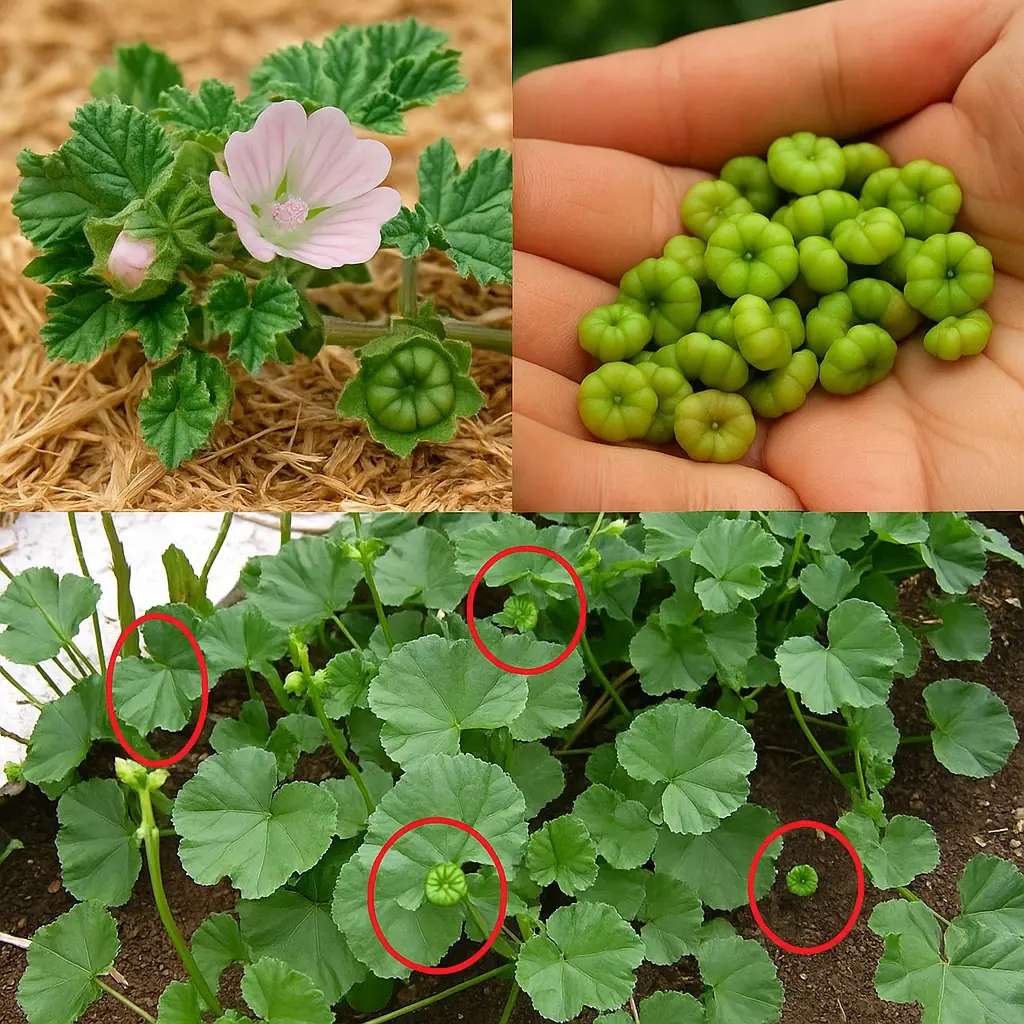
Unlocking the Secret Health Benefits of Common Mallow: Nature’s Wonder Herb for Wellness
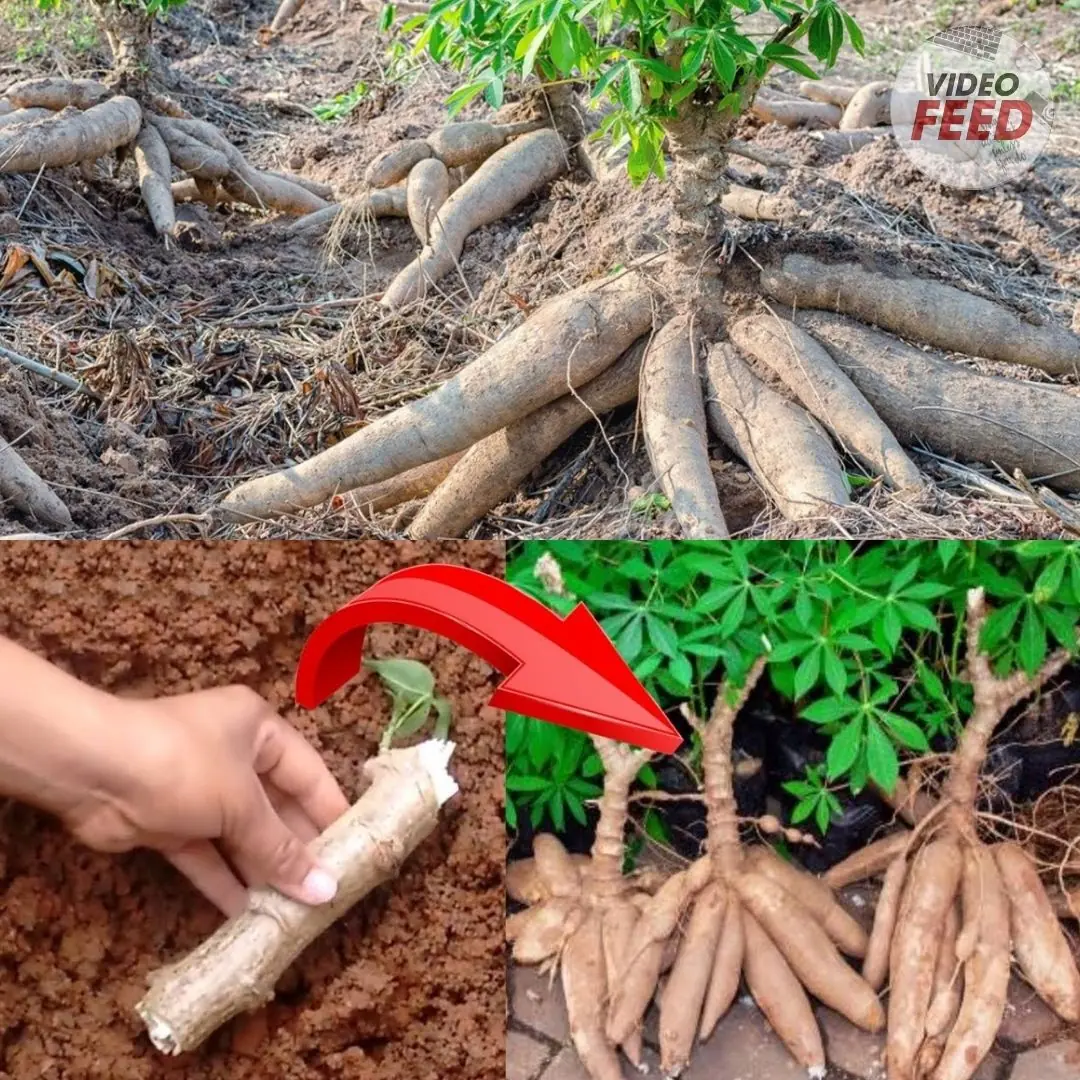
Essential Knowledge for Growing Cassava Successfully
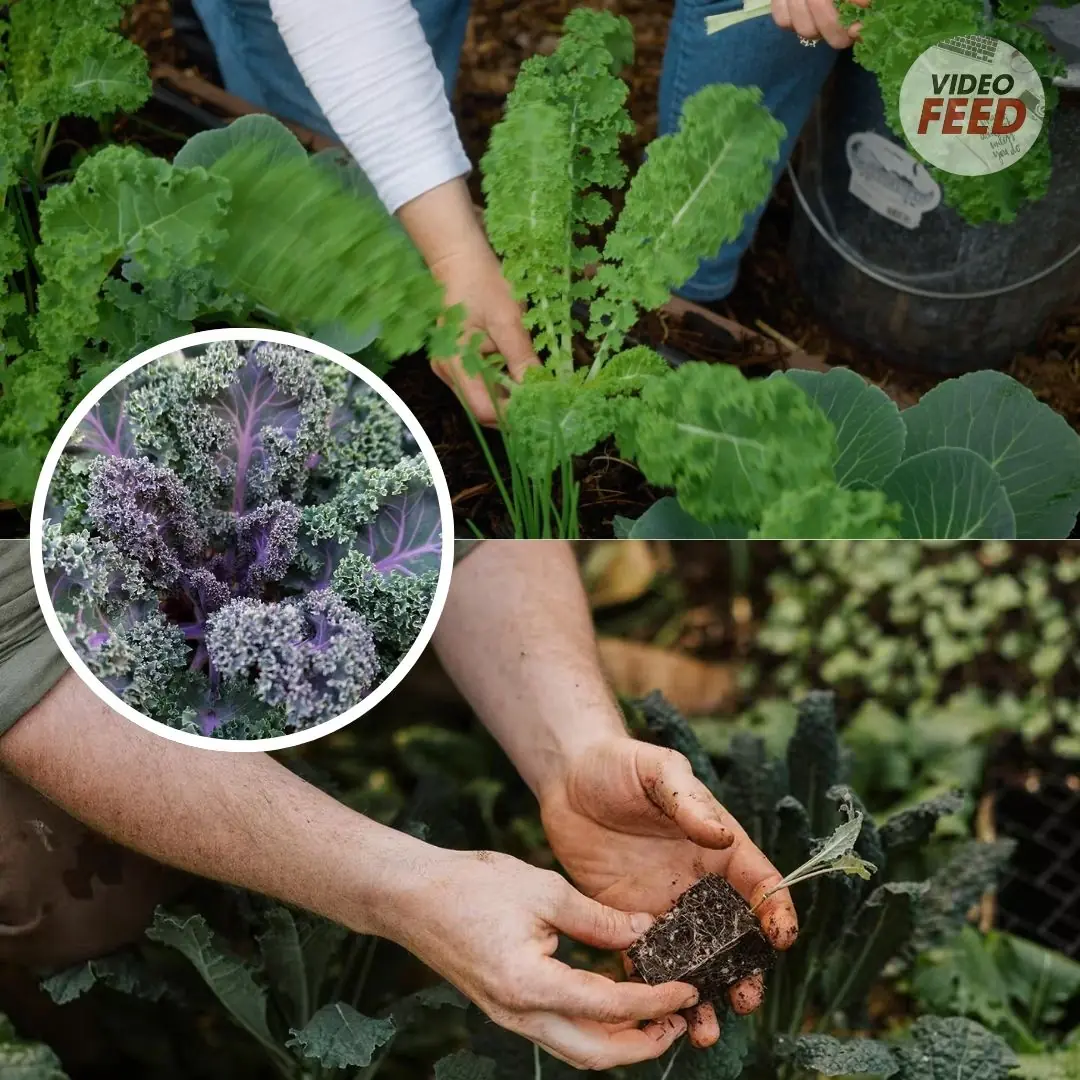
Growing Kale: Planting, Care, and Harvesting Tips
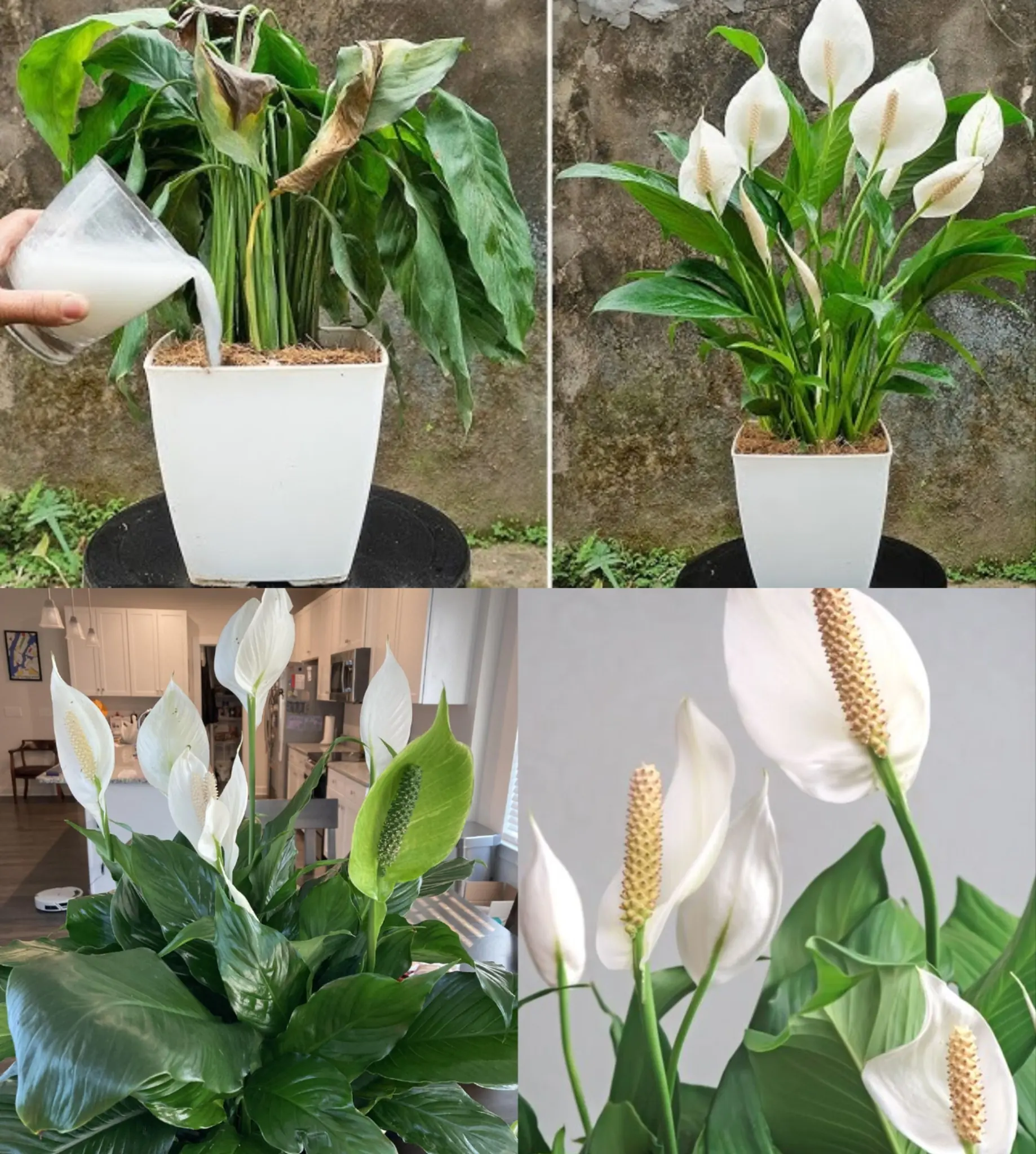
Just 1 Cup Makes Peace Lilies Bloom with So Many Flowers
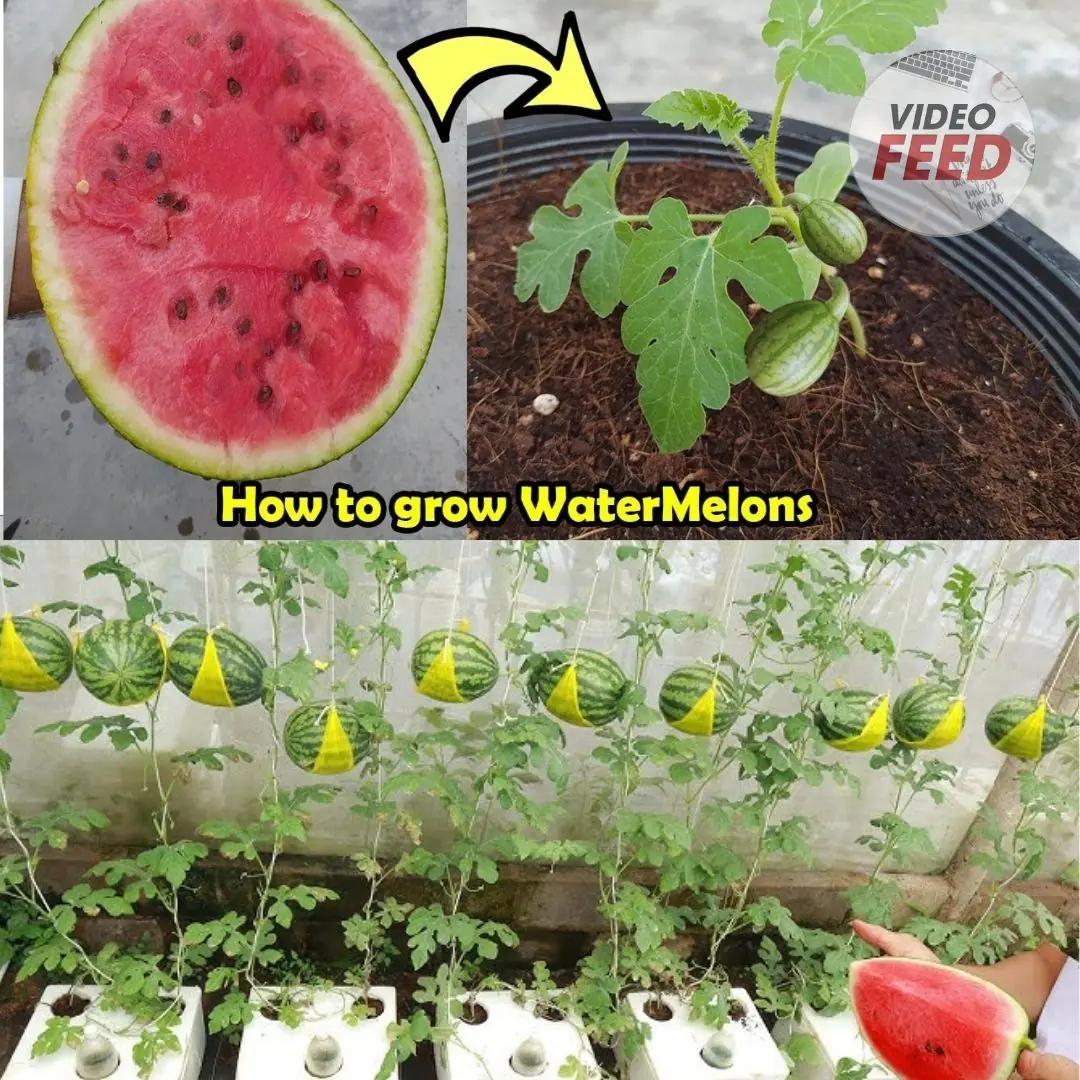
How to Grow Watermelons at Home: A Guide for Small Spaces & Balconies
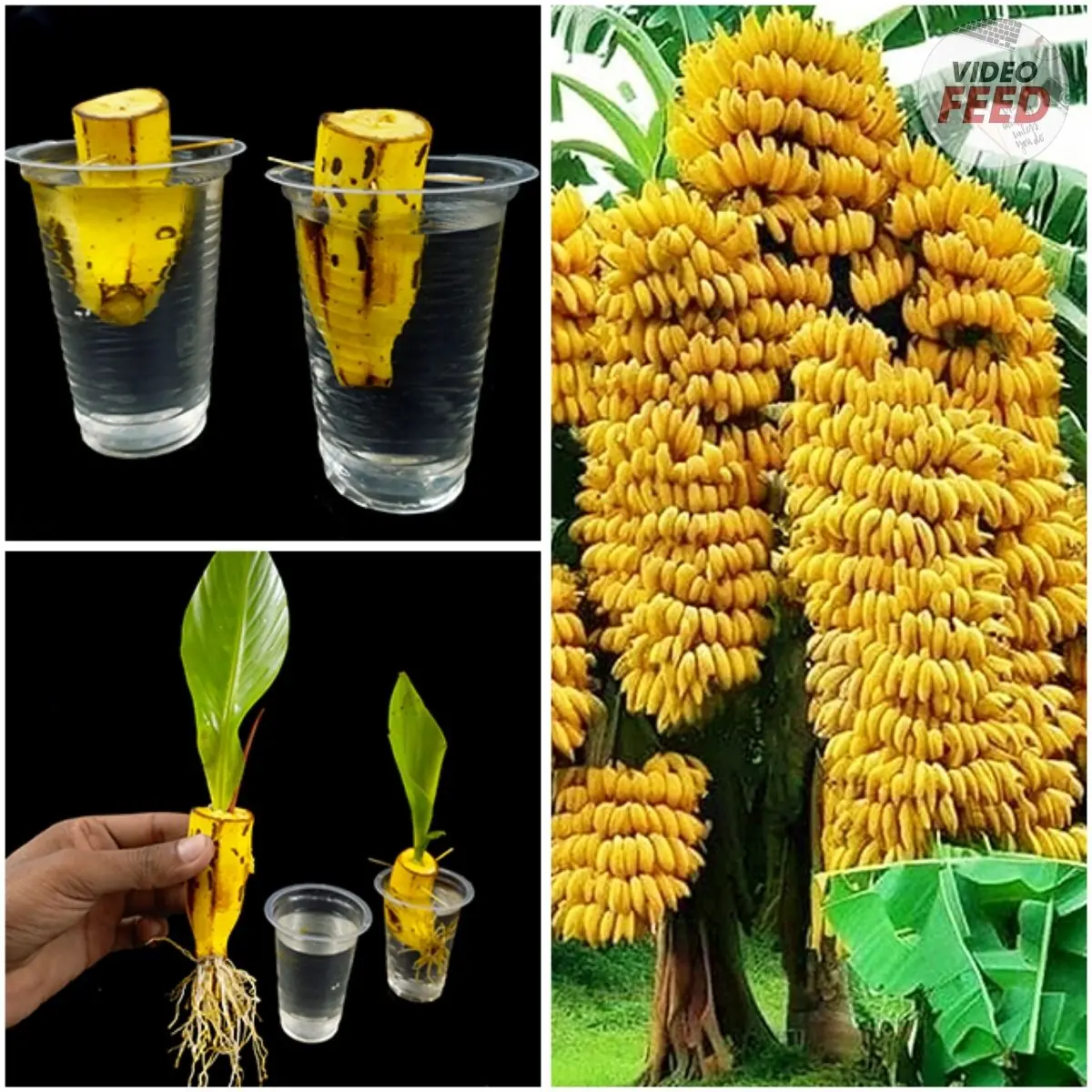
How to Grow a Banana Tree at Home and Never Buy Bananas Again
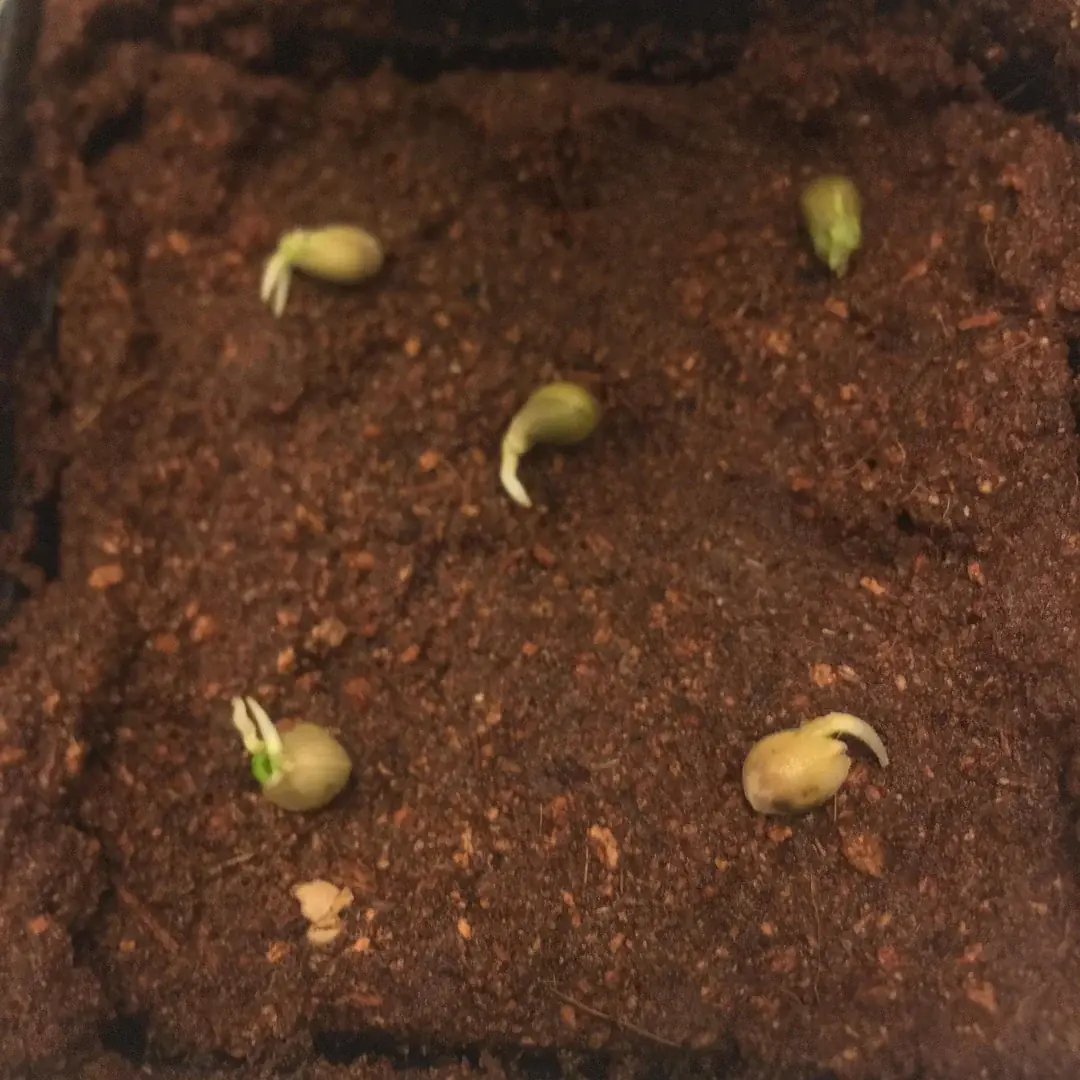
Here’s How to Grow Calamansi at Home — No Farm Needed
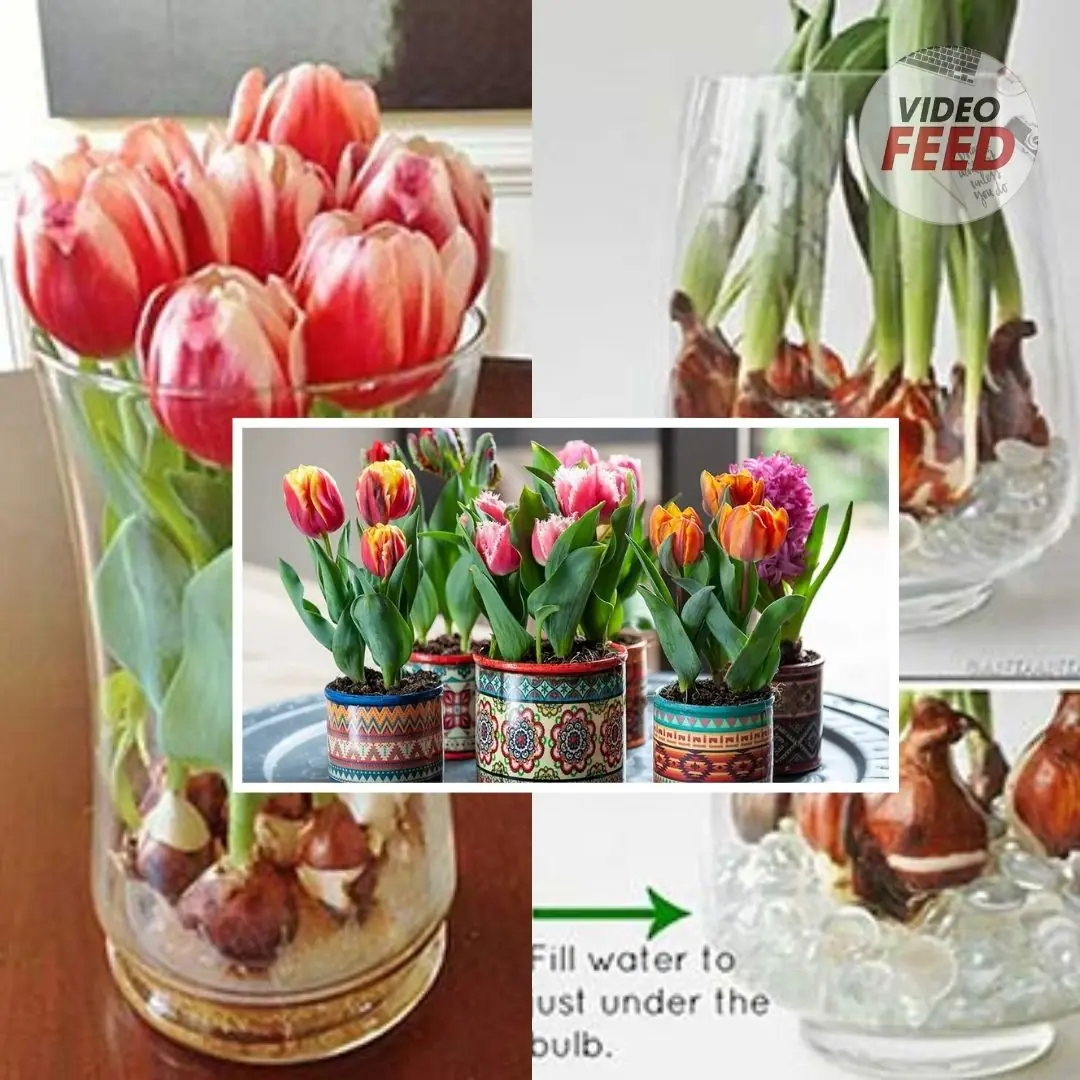
How to grow tulips indoors – a step-by-step guide to forcing these beautiful bulbs
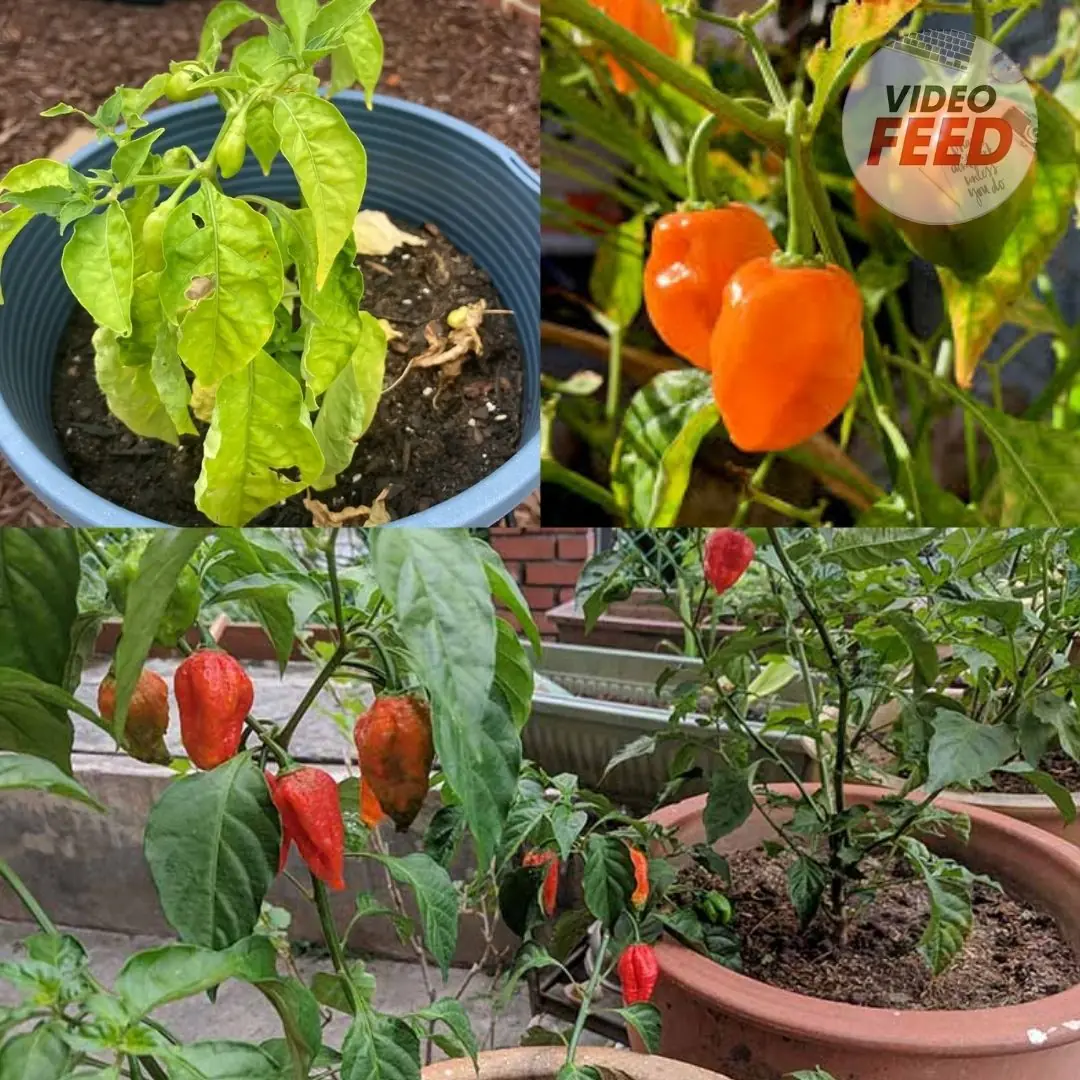
How to Grow Habanero Peppers in Pots
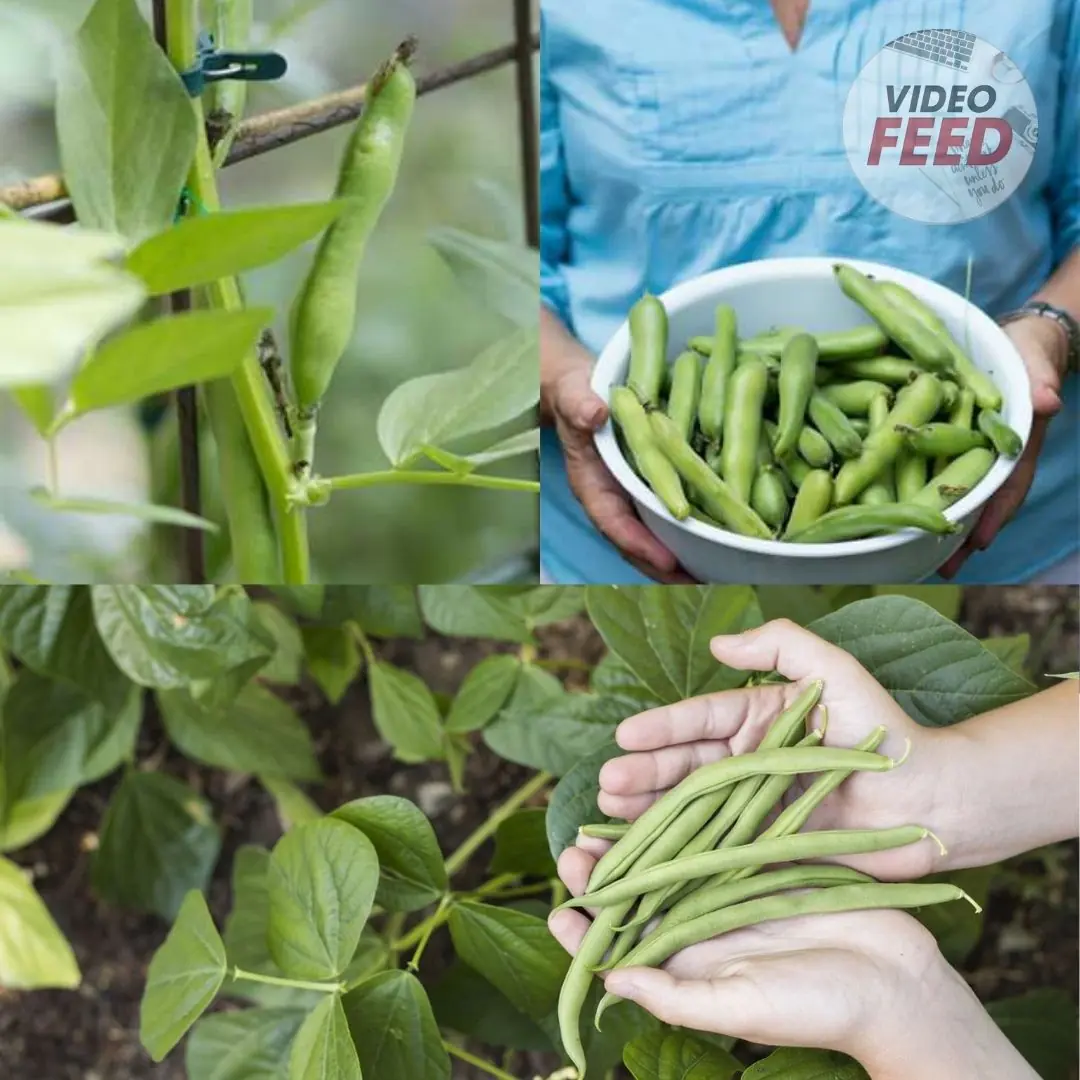
Grow These 5 Garden Beans This Summer
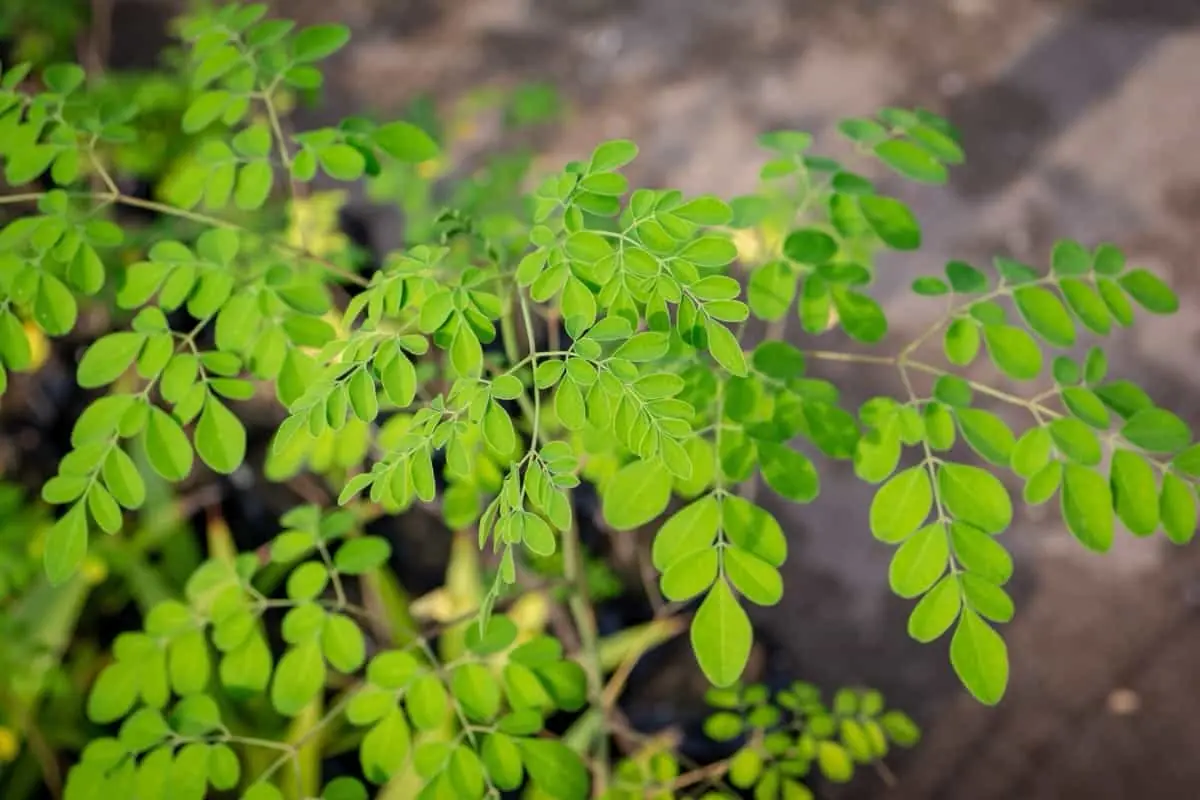
Why Asians Are Rushing to Grow This “Miracle Tree”: Heals Like Medicine, Sells Like Gold
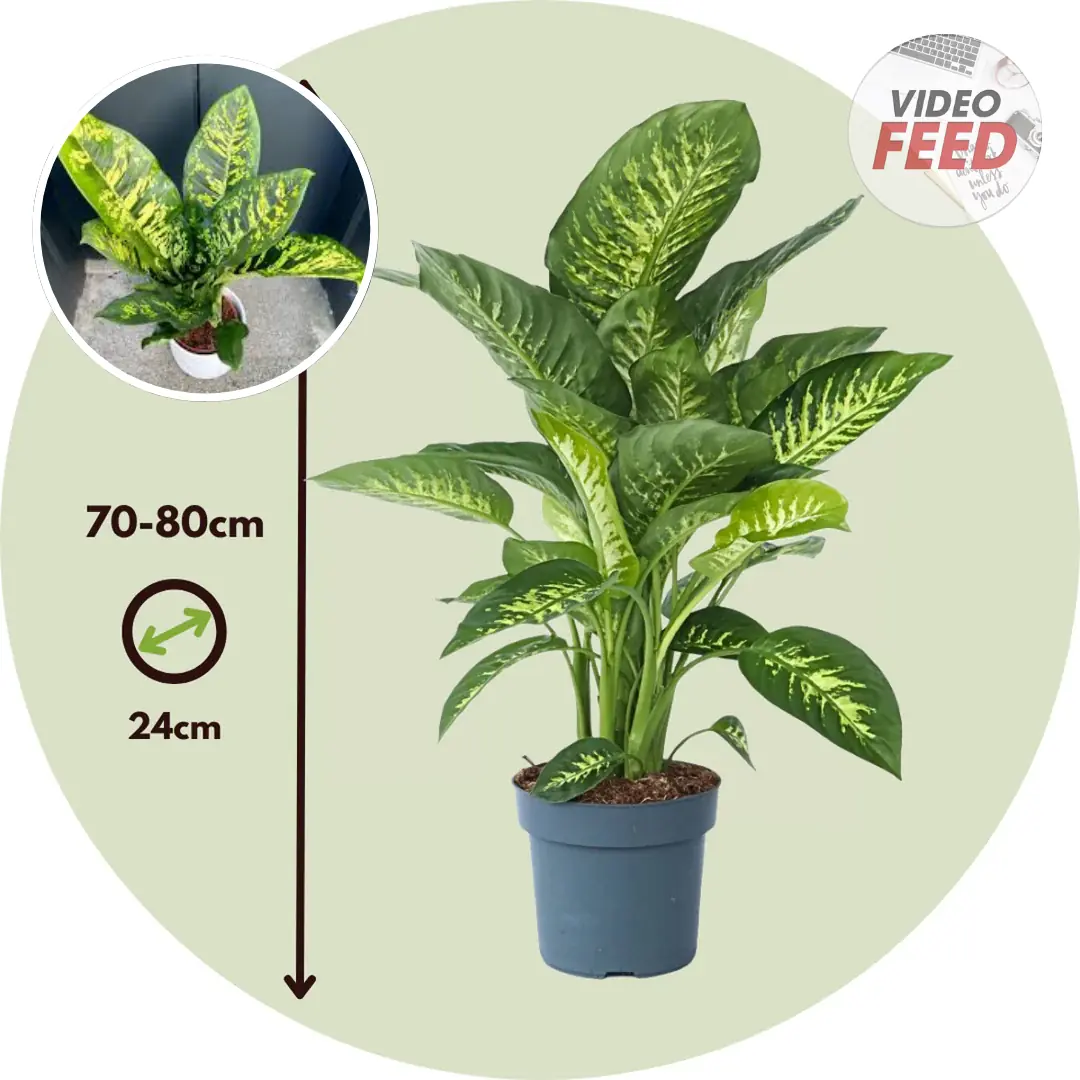
How to Grow and Care for Dieffenbachia
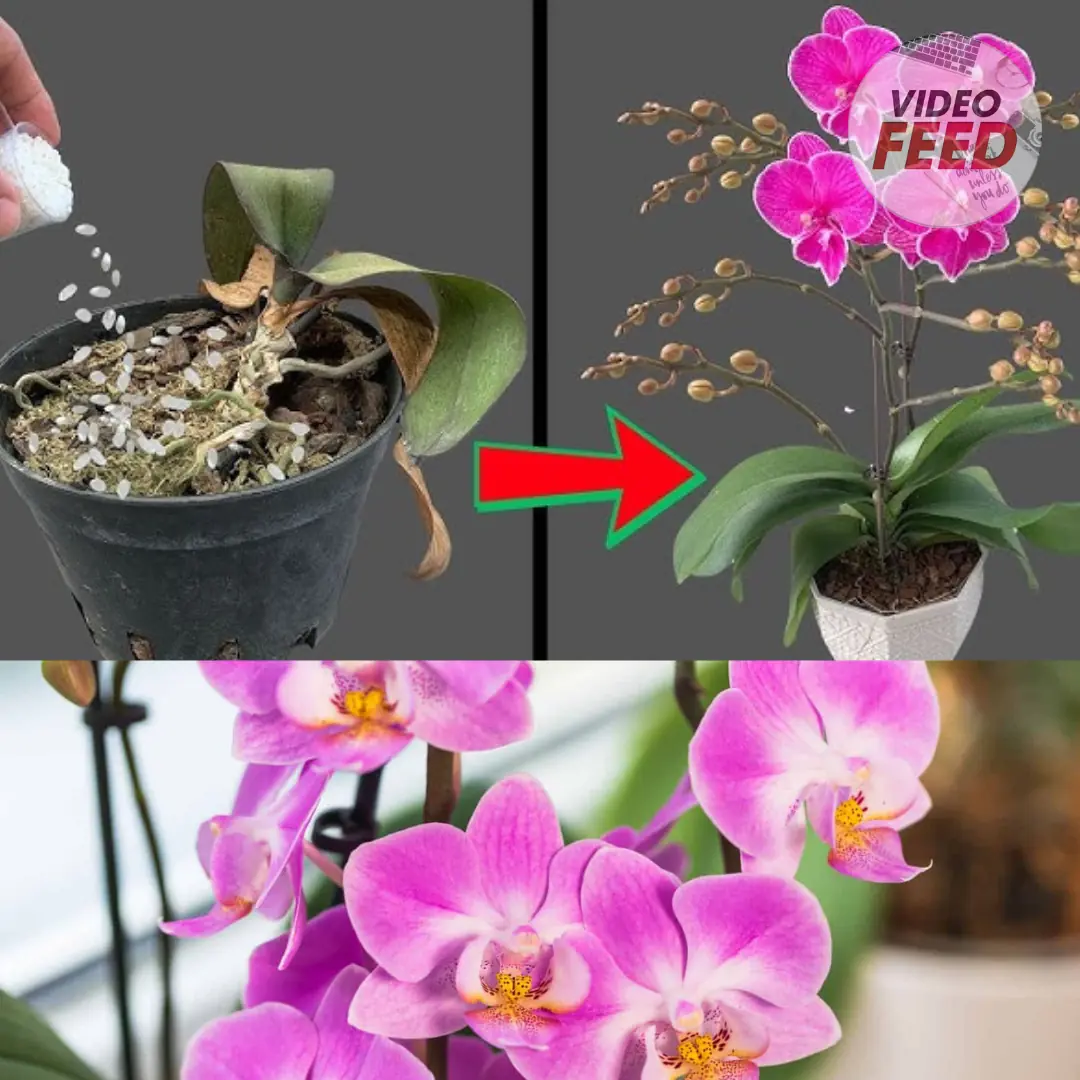
How to Grow and Care for Phalaenopsis Orchids Indoors
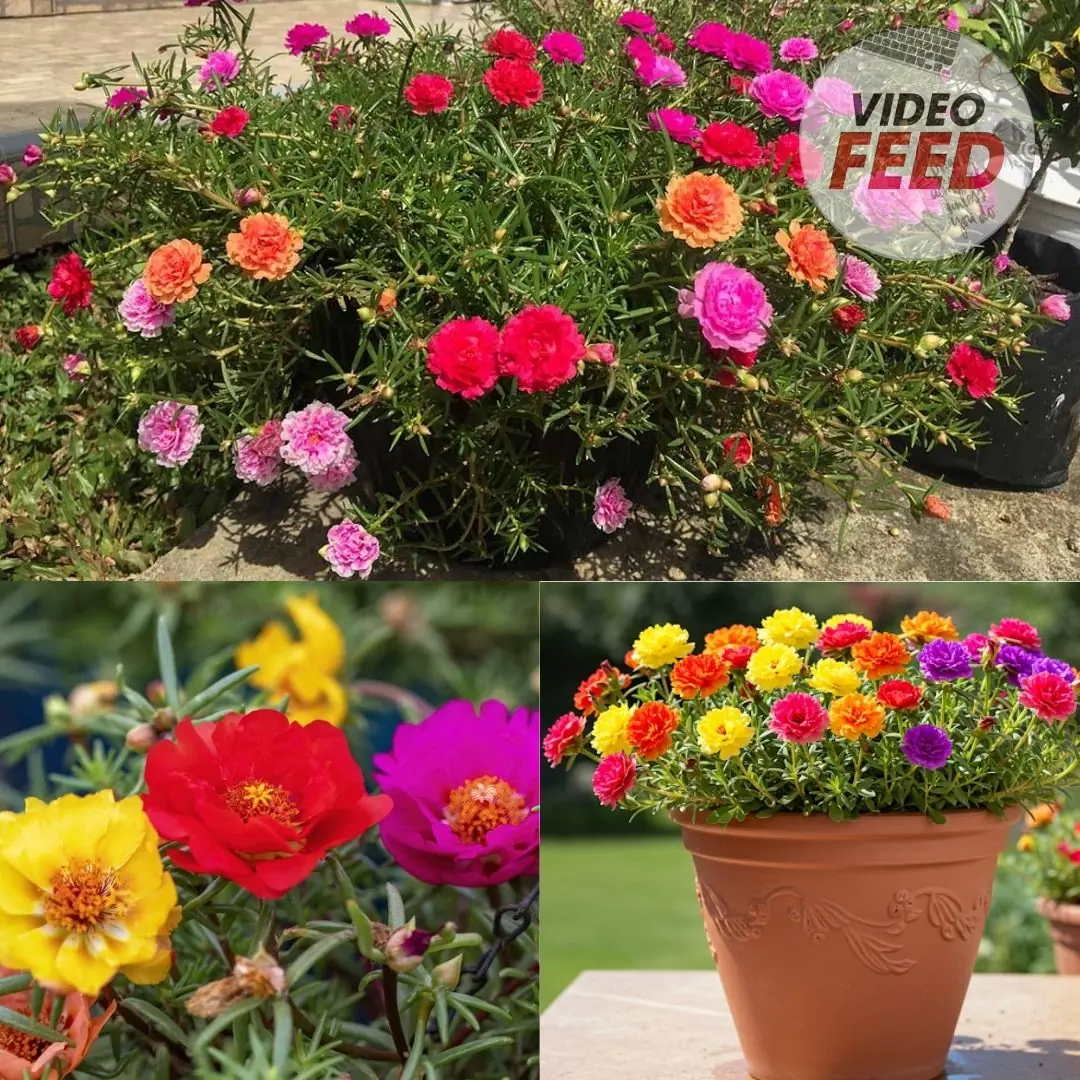
Portulaca in Pots: The Complete Guide to Growing Colorful & Drought-Tolerant Flowers Outdoors
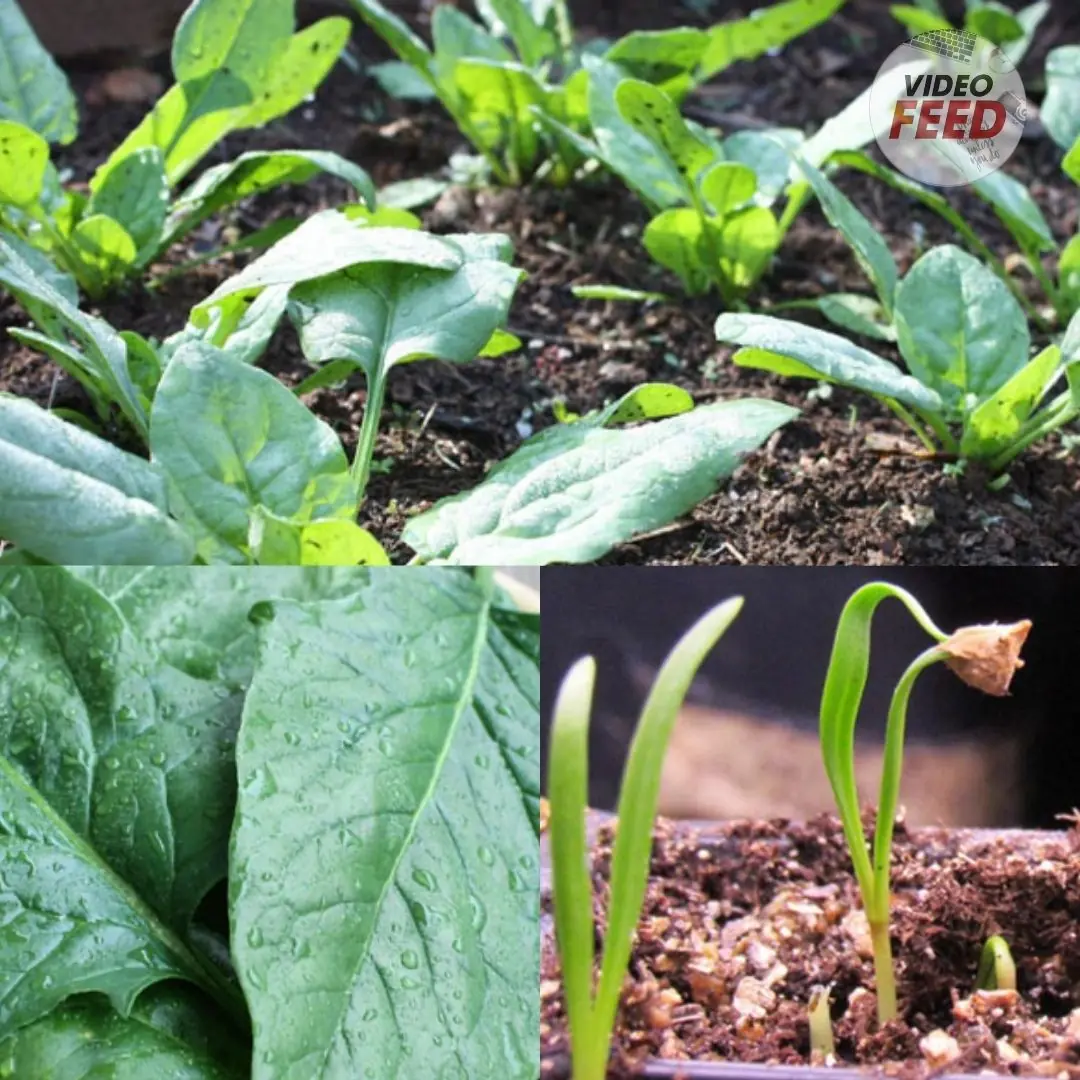
10 Tips for Growing Superb Spring Spinach
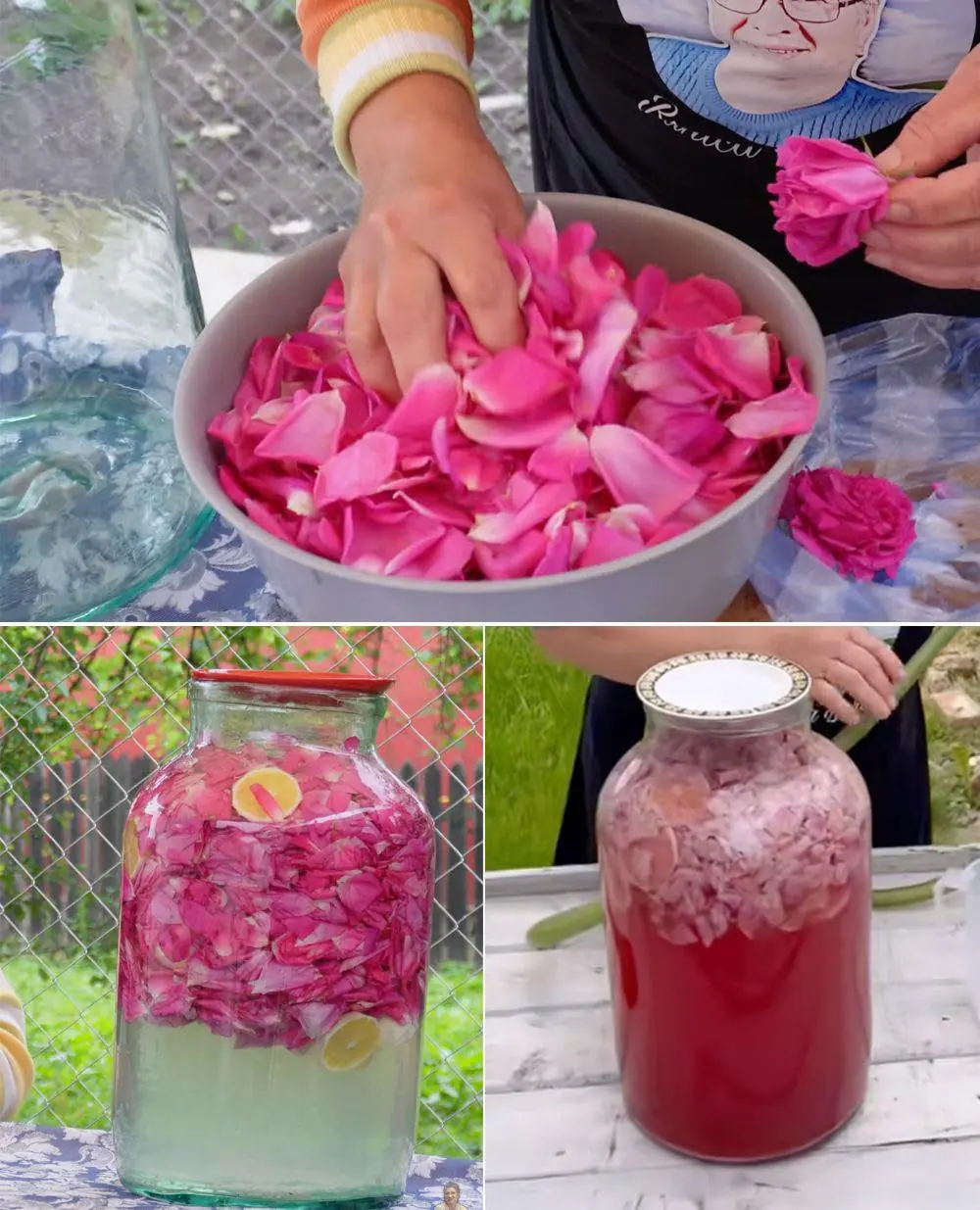
How to Make Rose Petal Lemonade – A Refreshing Homemade Drink
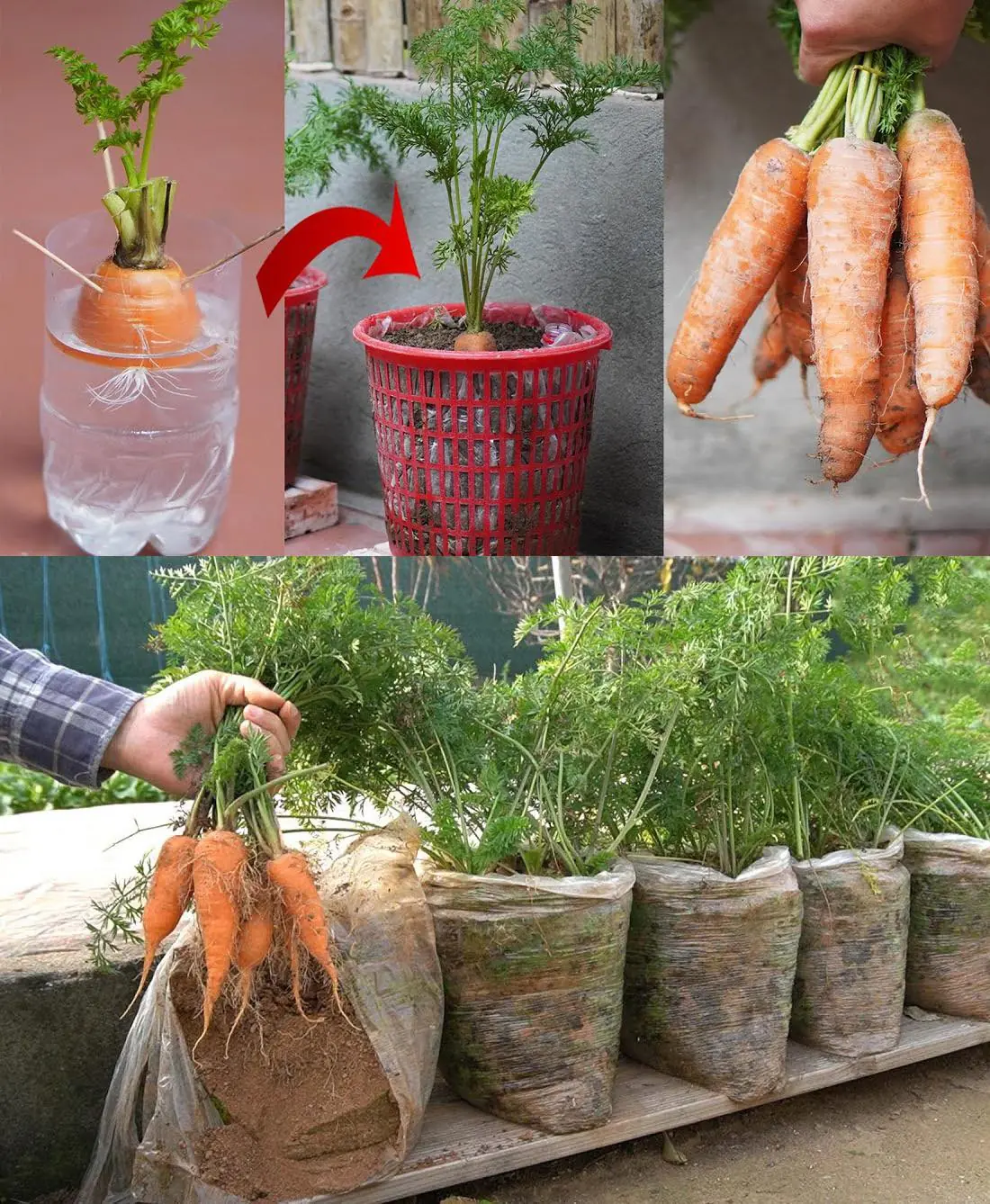
How to Grow Carrots at Home in Containers Starting with a Single Carrot
News Post

A Legacy Of Health: Soong Mei-Ling’s Longevity And Struggle Against Cancer
Soong Mei-ling, an emblematic figure of 20th-century China and the esteemed wife of President Chiang Kai-shek
If You Notice These 3 Signs in Your Urine, Don’t Ignore Them
Three urine warning signs you should never ignore for kidney health

Not only women men also enjoy being touched in this spot.
Why men, like women, also respond deeply to gentle, thoughtful touch

This Small Gesture Often Means More Than “I Love You”
That gesture is consistent presence—showing up, again and again, without being asked.
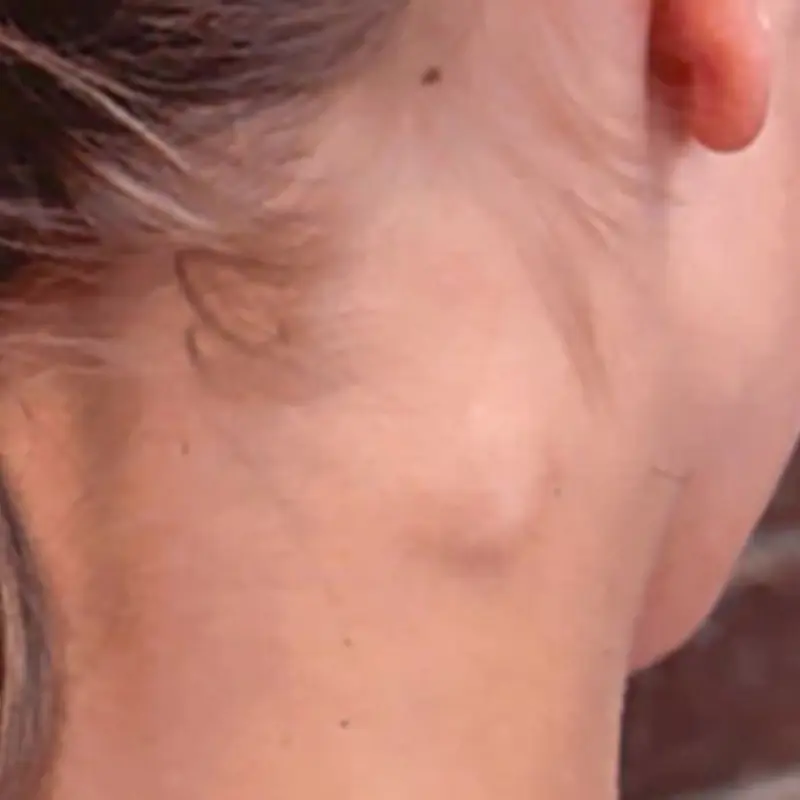
Three abnormalities in the neck that may signal can.cer
Three neck changes that should never be ignored, doctors warn

Subtle touches that make men “melt.”
Why small, thoughtful touches can deeply move a man’s heart

Doctors warn that unusual odors may indicate serious liver problems
Unusual body odors may be an early warning sign of liver trouble

These Kinds of Touch May Unintentionally Turn Your Husband Off
How certain types of touch can quietly weaken emotional connection

6 Surprising Health Benefits of Sleeping in a Cold Room (And Why You Might Skip the Fan)
6 Surprising Health Benefits of Sleeping in a Cold Room (And Why You Might Skip the Fan)

4 Common Morning Mistakes That Could Put You at Higher Risk of Stroke
4 Common Morning Mistakes That Could Put You at Higher Risk of Stroke
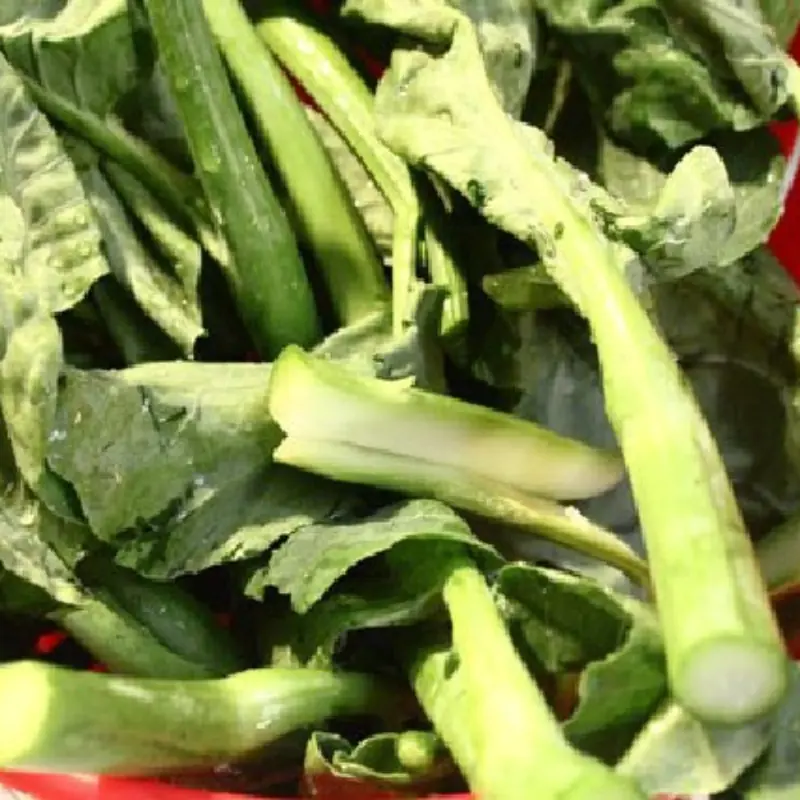
Chefs and nutritionists are suddenly obsessed with this vegetable
This leafy green is redefining nutrition and fine dining worldwide
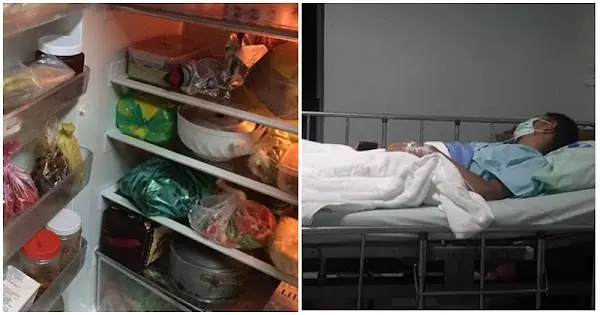
Eating leftovers from the fridge, 50-year-old man di.es: 5 foods you should never keep overnight, if left over, throw it away
Eating leftovers from the fridge, 50-year-old man di.es: 5 foods you should never keep overnight, if left over, throw it away

Hoards of the Vikings
The accepted image of the Vikings as fearsome marauders who struck terror in the hearts of their innocent victims has endured for more than 1,000 years.

When Your Cat Wants to Sleep in Your Bed, There’s Often a Surprising Reason Behind It
When Your Cat Wants to Sleep in Your Bed, There’s Often a Surprising Reason Behind It

Oreo Cream Chocolate Roll
Preheat the oven to 350°F (175°C). Line a 10×15-inch jelly roll pan with parchment paper.

The body often shows five important warning signs up to three months before a heart attack, but they are frequently overlooked
The body often shows five important warning signs up to three months before a heart attack, but they are frequently overlooked

3 Pain Areas on the Body That Could Signal Early - Stage Cancer
3 Pain Areas on the Body That Could Signal Early - Stage Canc:er

Vagi.nal can.cer discovered too late, young woman regrets not listening to her mother: Doing this every day—how could “that area” endure it?
In fact, countless women do it every day without realizing the hidden risks.

Honey Garlic Steak Bites with Peppers & Asparagus
